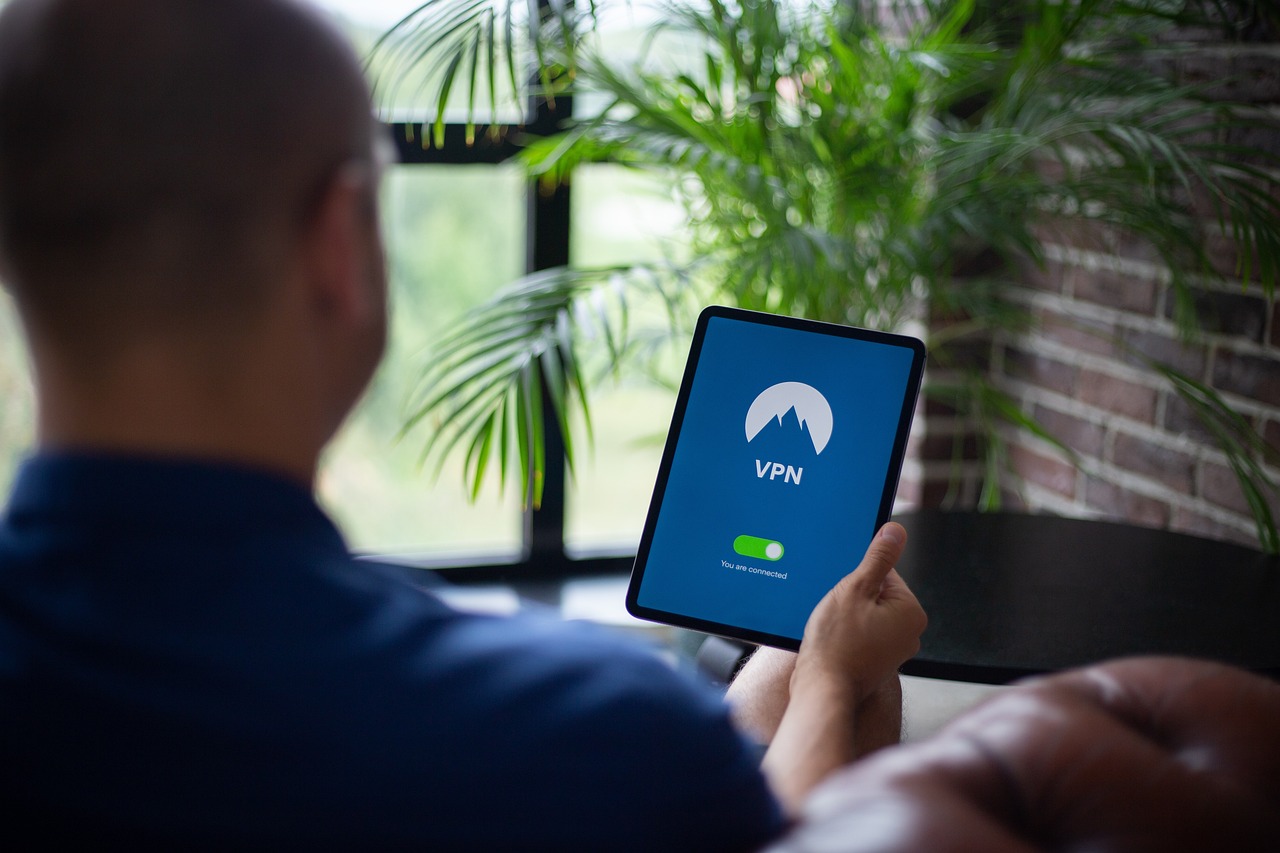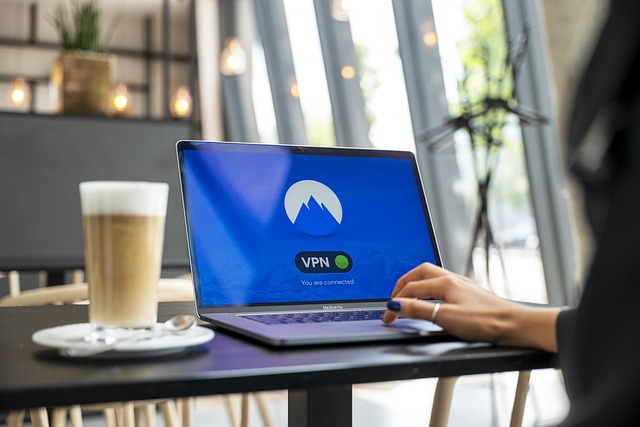Understanding the Difference Between VPNs and ProxiesUnderstanding the Difference Between VPNs and Proxies
We live in a digital age when online privacy and security are more crucial, and solutions such as VPNs and proxies have gained popularity. While a vpn and proxy offer a way to mask your IP address and safeguard your online identity, they serve different purposes and have distinct functionalities. In this article, we will delve into the differences between VPNs and proxies to help you understand which one suits your needs best.
Virtual Private Networks (VPNs)
A VPN is a service that encrypts your internet connection and routes it to a server run by the VPN provider. This process helps mask your IP address and provides an additional layer of security, particularly when connecting to public Wi-Fi networks. Here are some key points to consider about VPNs:
- Secure Encryption: VPNs utilize strong encryption protocols to safeguard your online data and privacy from potential hackers or snoopers.
- Anonymity: By masquerading your IP address and directing your traffic via the VPN server, you can browse anonymously and prevent websites from tracking your activities.
- Access to Geo-restricted Content: VPNs enable you to circumvent geographical limitations and access content that may be unavailable in your area, such as streaming services or websites.
- Complete Privacy: A VPN ensures that your online activities are shielded from ISPs, government surveillance, and other entities that may attempt to monitor your internet usage.
Proxies
A proxy server plays the role of an intermediary between your gadget and the internet. It forwards your internet traffic through its server, which can give the impression that you are browsing from a different location. While proxies offer some level of anonymity and may help bypass certain restrictions, they differ from VPNs in several ways:
- No Encryption: Unlike VPNs, proxies do not encrypt your internet traffic, which means your data is more vulnerable to interception by third parties.
- Selective Functionality: Proxies are often used for specific purposes, such as accessing geo-restricted content or masking your IP address, rather than providing comprehensive online security.
- Speed: Proxies generally offer faster connection speeds compared to VPNs, as they do not encrypt data, making them ideal for tasks that require quick access to certain websites or services.
- Limited Privacy: While proxies can provide some level of privacy by hiding your IP address, they do not offer the same level of protection as VPNs when it comes to securing your data and online activities.
Choosing Between VPNs and Proxies
When deciding between a VPN and a proxy, consider your specific needs and priorities. If you value privacy, security, and anonymity while browsing the internet, a VPN is the ideal choice. On the other hand, if you need to access geo-restricted content or mask your IP address for specific tasks, a proxy may suffice.
Conclusion
VPNs and proxies serve different purposes in the realm of online security and privacy. Understanding the distinctions between the two technologies can help you make an informed decision on which solution best meets your requirements. Whether you prioritize encryption, anonymity, or speed, both VPNs …



